COVID-19: Impacts on the Marine Environment
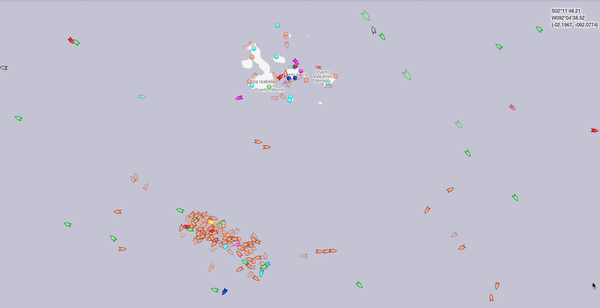
The Wetpixel community is undoubtedly painfully aware that one of the effects of the COVID-19 pandemic is a significant reduction in our ability to travel and document the underwater world. While on its own they seem a relatively small discomfort compared to the chaos and suffering brought on by the crisis, it has had the knock-on effect of allowing unscrupulous entities to capitalize on the lack of oversight.
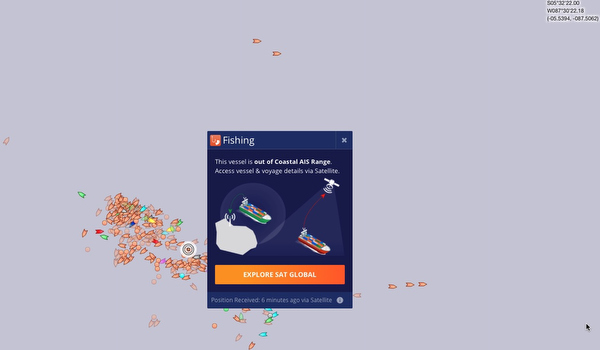
Some weeks ago, it was reported that a fashioning fleet was converging on the UNESCO World Heritage site of the Galapagos Islands. The vessel tracking app “Marine Traffic” was used to track a group of 325 boats that were actively fishing in the water around the islands. The boats have also been switching off their satellite AIS tracking systems in order to conceal their movements from the authorities.
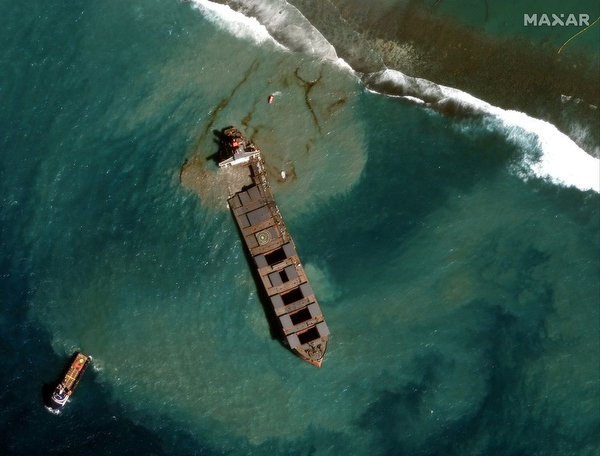
The MV Wakashio hit and grounded on a coral reef on 25 July at Pointe d’Esny, Mauritius. It has resisted attempts to salvage and refloat it and started to break up on 15 August. The vessel was carrying 4,000 tons of oil and although most of this was removed, nearly 1,000 tons have been discharged into the sea, causing major damage to the region’s rich marine ecosystem.
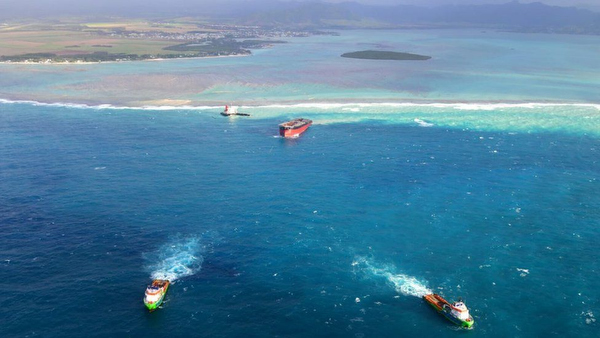
The ship’s captain has been arrested. The cause of the grounding is yet to be confirmed, but crew members have apparently reported that there was a birthday celebration on the ship, or that the ship navigated close to shore in order to pick up a WiFi signal. Clean-up operations are ongoing.
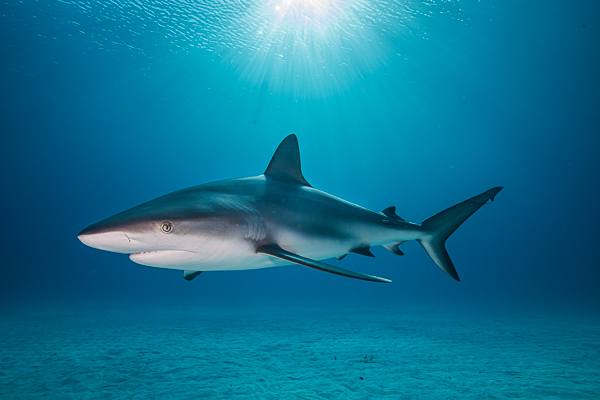
A paper published in the journal Nature has described the reduction in the numbers of sharks on the world’s reefs. The Global FinPrint team used baited cameras on 371 reefs across 58 countries from the Central Pacific to the Bahamas to record the presence of sharks. They found a virtual absence of sharks on 69 reefs in the Dominican Republic, the French West Indies, Kenya, Vietnam, the Windward Dutch Antilles, and Qatar.
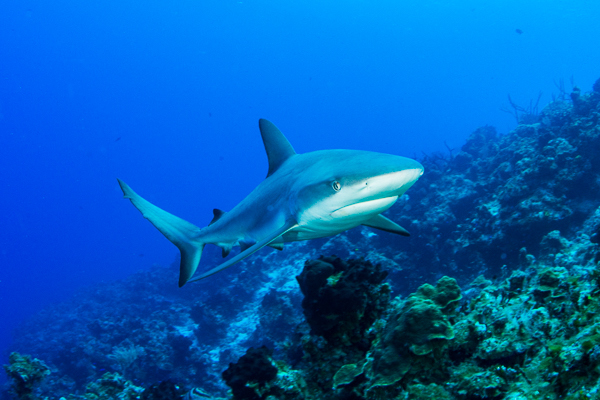
The researchers believe that this reduction in the number of sharks is due to overfishing and large numbers being caught as bycatch.